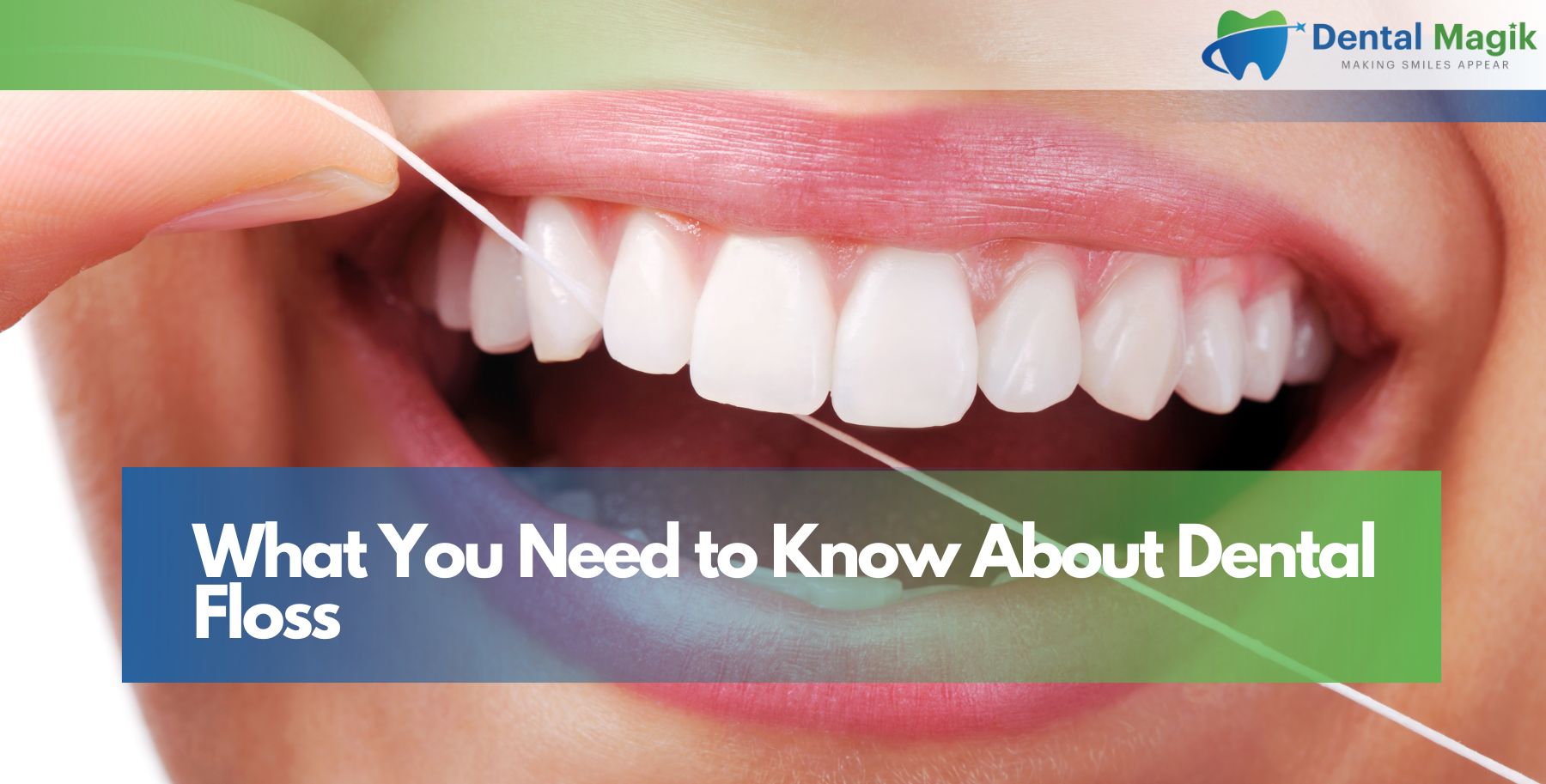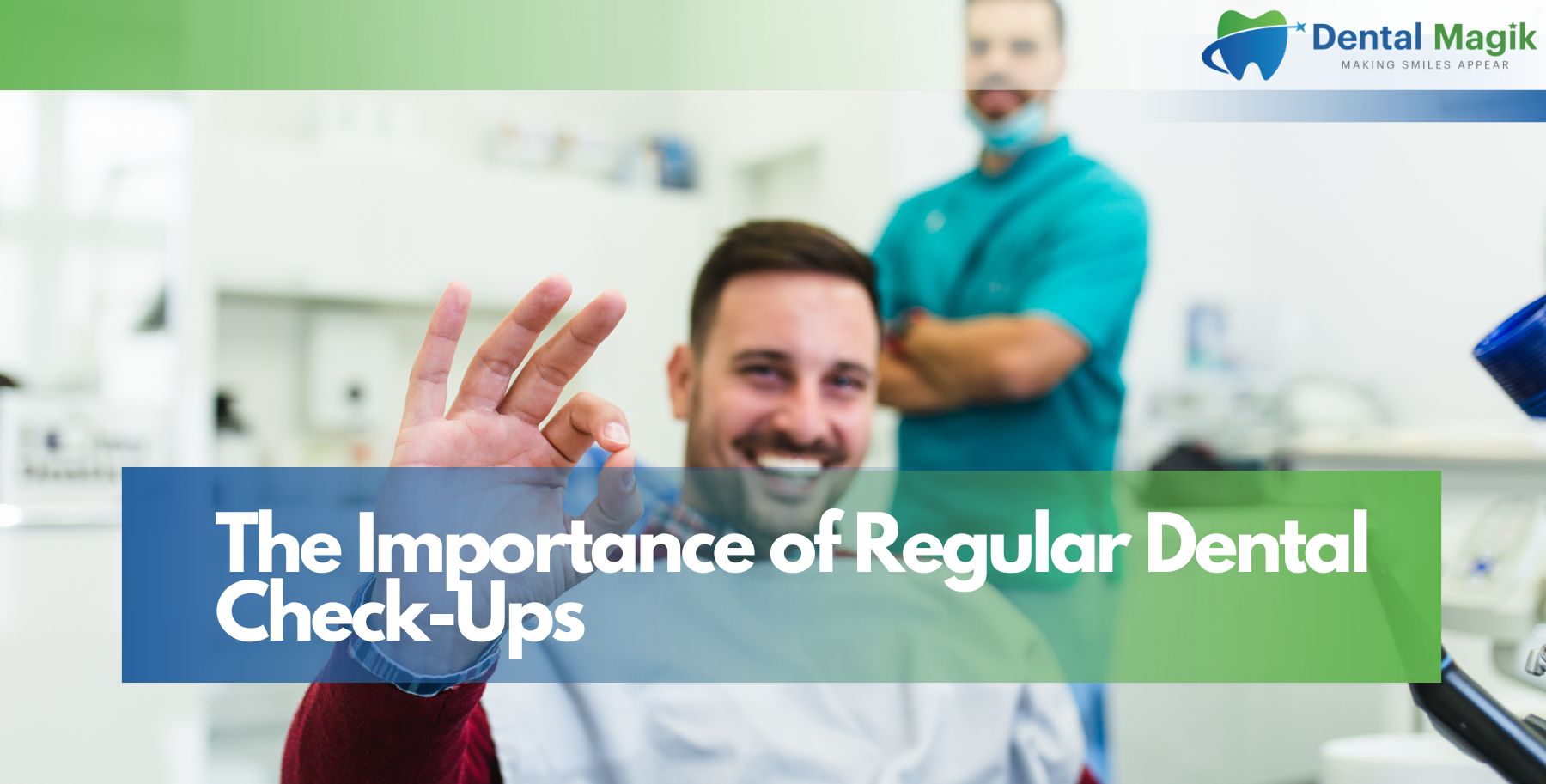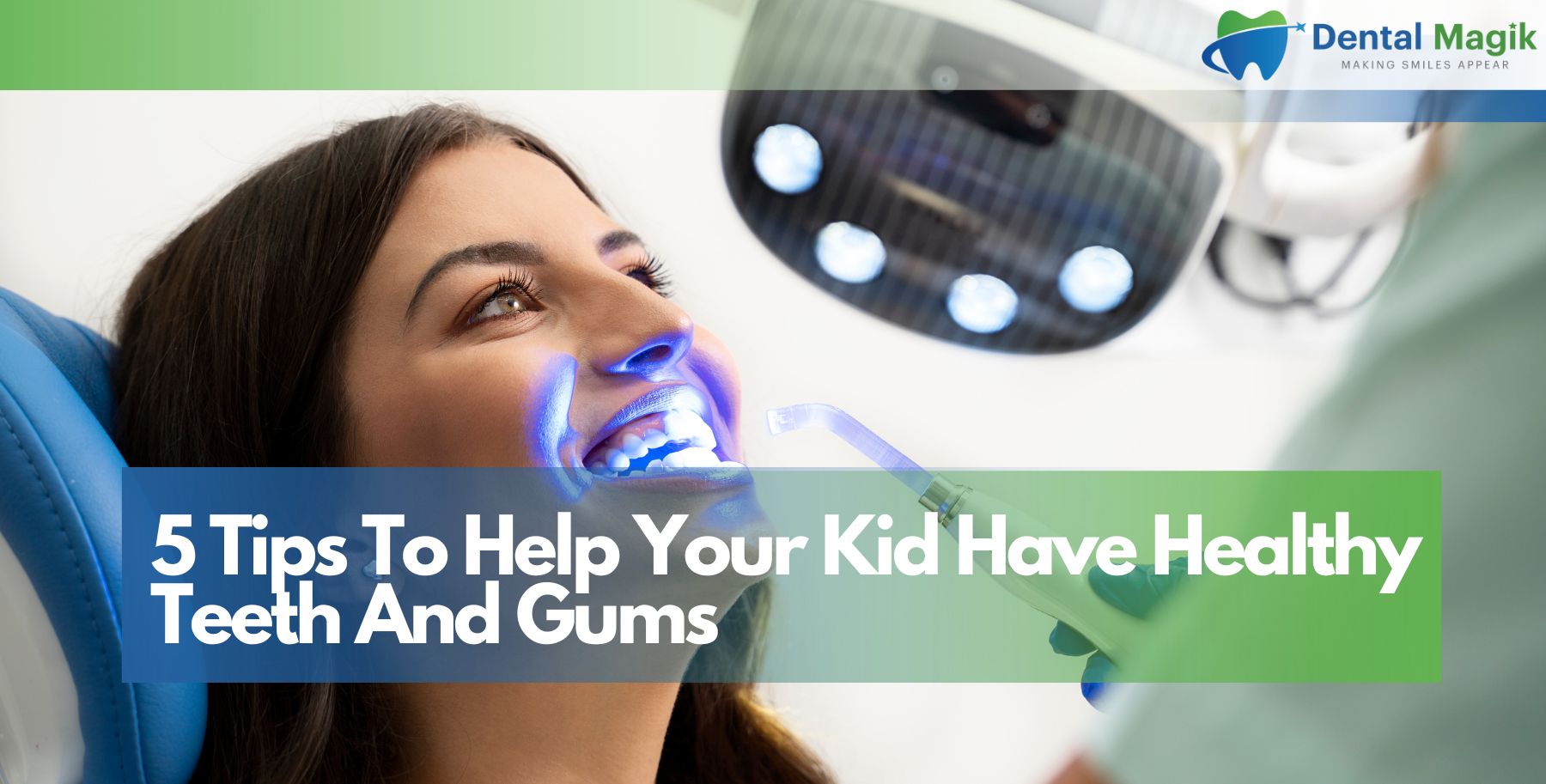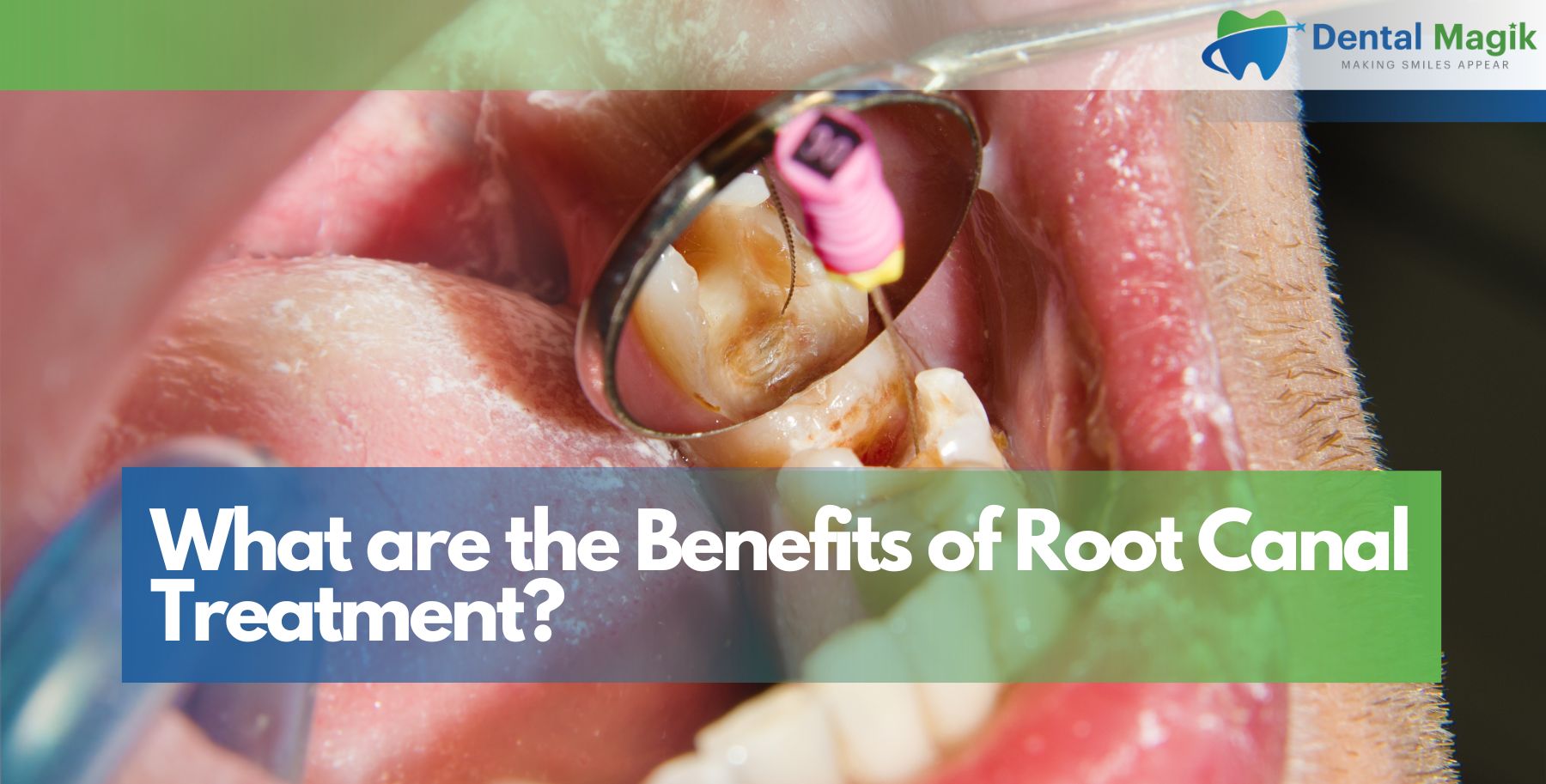A full mouth dental implant is an advanced dental solution for individuals who have lost most or all of their teeth due to decay, gum disease, or trauma. Unlike traditional dentures, full mouth dental implants provide a permanent, natural-looking, and long-lasting solution to restore oral function and aesthetics. They offer superior comfort, stability, and the ability to eat and speak with confidence.
However, one of the most common concerns for patients considering this treatment is the cost of full mouth dental implants. The price varies significantly based on location, type of implants, number of implants required, material used, and additional procedures needed before placement.
This guide covers everything about full mouth dental implants, their pricing, cost breakdown, and key factors influencing their affordability. It also explores the benefits, risks, and best practices for choosing the right dental implant specialist.
What is a Full Mouth Dental Implant?
A full mouth dental implant refers to a comprehensive dental restoration where multiple dental implants are placed in the upper and/or lower jaw to support a full set of prosthetic teeth. For individuals considering dental implants in East Brunswick, NJ, this procedure offers a long-lasting and reliable solution for missing teeth. These implants act as artificial roots, anchoring a permanent or removable denture securely in place, ensuring improved function and aesthetics.
Types of Full Mouth Dental Implants
There are several types of full mouth dental implant options available, each varying in cost, durability, and patient suitability:
All-on-4 Dental Implants
- Uses four dental implants per arch to support a full set of teeth.
- Ideal for patients with moderate bone density.
- More affordable than other options since fewer implants are used.
All-on-6 or All-on-8 Dental Implants
- Uses six or eight implants per arch for better support.
- Recommended for patients with strong jawbone density.
- Offers more stability than All-on-4 implants.
Individual Dental Implants for Each Tooth
- A separate dental implant is placed for every missing tooth.
- Most expensive and time-consuming but provides the most natural feel.
- Recommended for those seeking the closest replacement to natural teeth.
Each method has a different pricing structure, and the cost of full mouth dental implants depends on the technique chosen.
Factors Affecting the Cost of Full Mouth Dental Implants
The cost of full mouth dental implants varies based on several factors. Here’s a breakdown of the key elements that influence the final price:
Number of Implants Required
- All-on-4 implants are cheaper since they use only four dental implants per arch.
- All-on-6 or All-on-8 implants cost more due to additional implant placements.
- Individual implants for each tooth require up to 16-20 implants, making them the most expensive option.
Type of Implant Material
- Titanium Implants – Most commonly used, durable, and biocompatible.
- Zirconia Implants – Metal-free, aesthetically superior, but more expensive.
Dental Clinic Location
- Costs vary significantly across different countries and even within cities.
- The USA, Canada, and the UK have higher prices than Turkey, Mexico, and India.
Dentist’s Expertise and Reputation
- Highly experienced implant specialists and prosthodontists charge more.
- Clinics with advanced technology like 3D imaging and guided surgery may have higher fees.
Additional Procedures Required
- Bone grafting – Required if the patient has insufficient bone density.
- Sinus lift surgery – Needed for upper jaw implants in some cases.
- Tooth extractions – If decayed teeth must be removed before placement.
Type of Prosthetic Teeth Used
- Acrylic teeth – More affordable but less durable.
- Porcelain or Zirconia teeth – Stronger, more aesthetic, but costlier.
Insurance and Financing Options
- Most dental insurance plans do not fully cover implants.
- Many clinics offer monthly payment plans or financing options.
Cost Breakdown of Full Mouth Dental Implants
The cost of full mouth dental implants varies significantly based on factors such as location, the number of implants, the materials used, the expertise of the dentist, and additional procedures required before implant placement. Patients often search for affordable full mouth dental implants or compare dental implant prices worldwide to find the best option for their budget and dental needs.
Understanding the detailed cost structure of full mouth dental implants helps patients make informed decisions, avoid hidden fees, and choose a treatment that balances quality and affordability. Below is a complete breakdown of dental implant costs by region, additional expenses, and factors affecting pricing.
Average Cost of Full Mouth Dental Implants by Country
The price of full mouth dental implants varies widely across different regions. Here’s a global comparison of dental implant costs in top destinations for implant surgery.
Cost of Full Mouth Dental Implants in Different Countries
| Country | Average Cost Per Arch | Total Cost (Upper & Lower Jaw) |
| United States | $20,000 – $50,000 | $40,000 – $100,000 |
| United Kingdom | £15,000 – £30,000 | £30,000 – £60,000 |
| Canada | CAD $25,000 – $50,000 | CAD $50,000 – $100,000 |
| Australia | AUD $20,000 – $45,000 | AUD $40,000 – $90,000 |
| United Arab Emirates (UAE) | AED 40,000 – AED 100,000 | AED 80,000 – AED 200,000 |
| India | INR 300,000 – INR 800,000 | INR 600,000 – INR 1,600,000 |
| Mexico | $10,000 – $25,000 | $20,000 – $50,000 |
| Turkey | $6,000 – $15,000 | $12,000 – $30,000 |
| Thailand | $8,000 – $20,000 | $16,000 – $40,000 |
| Colombia | $7,000 – $18,000 | $14,000 – $36,000 |
Why Do Dental Implant Prices Vary by Country?
- Cost of living and dental practice overhead.
- Government regulations and dental licensing fees.
- Availability of experienced dental specialists.
- Types of materials used for implants and prosthetics.
- Extent of insurance or government subsidies on dental care.
Patients often travel to Mexico, Turkey, India, and Thailand for affordable full mouth dental implants while maintaining high treatment quality.
Cost Breakdown of Full Mouth Dental Implants
A full mouth dental implant treatment consists of several stages, each contributing to the total cost. Below is a detailed breakdown of expenses.
Consultation and Diagnostic Tests
- Initial Consultation Fee – $100 to $300
- X-rays and CBCT Scans – $250 to $500
- 3D Imaging and Treatment Planning – $150 to $500
Implant Placement Surgery
- Single Titanium Implant – $1,000 to $3,000 per implant
- Full Arch (All-on-4 Implants) – $10,000 to $25,000 per arch
- All-on-6 or All-on-8 Implants – $15,000 to $40,000 per arch
Additional Procedures (If Needed)
- Bone Grafting (if there’s insufficient jawbone) – $500 to $3,000
- Sinus Lift Surgery – $1,500 to $5,000
- Tooth Extractions (before implant placement) – $100 to $500 per tooth
Prosthetic Teeth Cost
- Acrylic Dentures on Implants – $3,000 to $8,000 per arch
- Porcelain Teeth on Implants – $5,000 to $15,000 per arch
- Zirconia Full-Arch Bridge – $10,000 to $25,000 per arch
Post-Surgery Follow-Ups and Maintenance
- Follow-Up Appointments – $100 to $300 per visit
- Maintenance and Cleaning – $200 to $500 annually
Factors That Influence the Cost of Full Mouth Dental Implants
Several key factors affect the total price of full mouth dental implants. Understanding these aspects helps patients choose the best option that fits their budget and needs.
Number of Implants Required
- All-on-4 is the most affordable since it uses only four implants per arch.
- All-on-6 and All-on-8 provide better support but increase the cost.
- Individual implants for each missing tooth require 16-20 implants, making it the most expensive option.
Type of Implant Material Used
- Titanium Implants – Most common and cost-effective.
- Zirconia Implants – More aesthetic and metal-free, but costlier.
Prosthetic Teeth Material
- Acrylic (Cheapest Option) – Prone to wear over time.
- Porcelain (Mid-Range Option) – Durable and natural-looking.
- Zirconia (Most Expensive Option) – Strongest and most aesthetic.
Dentist’s Expertise and Location
- Highly experienced implant specialists charge more due to their expertise.
- Urban clinics in high-cost cities charge higher than rural or overseas clinics.
Additional Procedures Required
- Bone grafting or sinus lifts add to the total cost.
- Tooth extractions increase the expense before implants can be placed.
Insurance Coverage and Payment Plans
- Most dental insurance plans do not fully cover implants, but they may cover preliminary procedures.
- Many clinics offer financing options to make dental implants more affordable.
Hidden Costs to Consider in Full Mouth Dental Implants
While patients often focus on surgical and implant costs, there are several hidden expenses to account for:
- Consultation Fees – $100 to $300
- Temporary Dentures – $500 to $1,500
- Emergency Repairs or Adjustments – $200 to $500
- Annual Maintenance Costs – $200 to $500
- Medication and Aftercare Supplies – $100 to $300
To avoid unexpected expenses, always request a full treatment breakdown from the clinic before starting treatment.
Hidden Costs to Consider
Patients should also consider additional expenses that may arise:
- Consultation fees – $100 to $300 per visit.
- CT scans and X-rays – $250 to $500.
- Follow-up appointments – $100 to $200 per visit.
- Temporary dentures – $500 to $1,500.
- Medications and aftercare – $200 to $500.
Benefits of Full Mouth Dental Implants
A full mouth dental implant is not just a cosmetic enhancement; it is a life-changing dental solution that restores oral functionality, improves quality of life, and prevents long-term dental issues. Unlike removable dentures, which can become uncomfortable over time, full mouth dental implants provide a stable, long-lasting, and natural-looking alternative for people who have lost most or all of their teeth.
The benefits of full mouth dental implants go beyond aesthetics. They help in chewing, speaking, preventing bone loss, and maintaining oral health while offering a sense of confidence and security. Below are the detailed advantages of choosing full mouth dental implants over other tooth replacement options.
Long-Term Durability and Stability
One of the biggest advantages of full mouth dental implants is their durability and stability. Unlike traditional dentures that require periodic adjustments or replacements, dental implants are designed to last for decades, if not a lifetime.
Why Are Full Mouth Dental Implants Long-Lasting?
- The implants are made of high-quality titanium or zirconia, which are biocompatible and resistant to corrosion.
- Unlike dentures, implants are anchored into the jawbone, ensuring a strong foundation.
- They do not shift, slip, or loosen over time like removable dentures.
For individuals who want a one-time solution that requires minimal long-term maintenance, full mouth dental implants are the best choice.
Natural Look and Feel
A major concern for people with missing teeth is whether their replacement will look and feel natural. Full mouth dental implants are designed to mimic natural teeth in every aspect, from appearance to function.
How Do Dental Implants Feel Like Natural Teeth?
- The implant posts act like natural tooth roots, making the teeth feel secure.
- Unlike dentures, which rest on the gums, implants are fused with the jawbone through a process called osseointegration.
- The prosthetic teeth are custom-made to match the shape, size, and color of natural teeth, ensuring a realistic appearance.
Patients with full mouth dental implants can smile, eat, and speak with confidence, knowing their teeth look completely natural.
Restored Chewing and Eating Ability
One of the most frustrating experiences for people with missing teeth or loose dentures is difficulty in chewing food properly. Many denture wearers struggle to eat hard, crunchy, or sticky foods and often limit their diet to soft foods.
How Do Full Mouth Dental Implants Improve Eating?
- They restore full bite force, allowing patients to eat steak, nuts, apples, and other hard foods comfortably.
- Unlike dentures, which shift when eating, implants remain stable, allowing normal chewing.
- Patients no longer have to avoid certain foods, ensuring they receive proper nutrition.
With full mouth dental implants, individuals can enjoy a varied and balanced diet, leading to better overall health.
Prevents Bone Loss and Maintains Jaw Structure
When natural teeth are lost, the jawbone starts to shrink over time due to lack of stimulation. This process, known as bone resorption, causes facial sagging, a sunken appearance, and loss of jaw strength.
How Do Dental Implants Prevent Bone Loss?
- Implants stimulate the jawbone, just like natural tooth roots, preventing further bone deterioration.
- The process of osseointegration allows the bone to fuse with the implant, maintaining jaw strength and density.
- Unlike dentures, which sit on the gums and do not stimulate bone growth, implants preserve facial structure and prevent premature aging.
By choosing full mouth dental implants, individuals can maintain a youthful facial appearance and avoid the bone loss associated with missing teeth.
No More Denture Discomfort or Adhesives
Traditional dentures can cause gum irritation, mouth sores, and discomfort, especially when they become loose. Many people rely on messy adhesives or pastes to keep dentures in place, which can be frustrating and inconvenient.
Why Are Full Mouth Dental Implants More Comfortable?
- Implants are fixed permanently, eliminating the need for adhesives or relining.
- There is no risk of slipping, clicking, or shifting, which is common with traditional dentures.
- Patients no longer experience gum pain or pressure sores caused by ill-fitting dentures.
For people who have struggled with dentures for years, switching to full mouth dental implants provides permanent comfort and relief.
Improved Speech and Pronunciation
Loose or ill-fitting dentures often make it difficult to speak clearly. Many denture wearers struggle with slurred speech or whistling sounds due to their dentures moving inside the mouth.
How Do Implants Help with Speech?
- Because implants do not shift or move, they allow patients to speak naturally without worry.
- No bulky plastic palate, unlike traditional dentures, making it easier to pronounce words.
- Restores confidence when talking, especially in public or professional settings.
With full mouth dental implants, individuals can speak with clarity and confidence, without the fear of their teeth slipping out.
Cost-Effective in the Long Run
Although the initial cost of full mouth dental implants may seem high, they are more cost-effective in the long run compared to dentures or dental bridges.
How Do Full Mouth Dental Implants Save Money Over Time?
- No need for replacements – Dentures need to be replaced every 5-7 years, while implants can last 25+ years.
- No special adhesives or cleaning solutions – Dentures require constant upkeep, while implants only need regular brushing and flossing.
- Prevents costly future dental issues – Bone loss, gum disease, and misalignment can be expensive to treat, but implants help prevent these problems.
While the upfront cost is higher, full mouth dental implants prove to be a wise long-term investment in oral health and overall well-being.
Boosts Confidence and Self-Esteem
Losing multiple teeth can take a toll on a person’s self-esteem. Many people with missing teeth or dentures feel self-conscious when smiling, talking, or eating in public.
How Do Full Mouth Dental Implants Restore Confidence?
- They look, feel, and function like natural teeth, eliminating insecurities.
- No fear of dentures slipping or falling out in social situations.
- Improves overall facial aesthetics, preventing the sunken look that occurs with missing teeth.
With full mouth dental implants, individuals can smile freely, enjoy social interactions, and feel confident about their appearance.
How to Choose the Right Dental Clinic?
Choosing the right dental clinic for a full mouth dental implant procedure is one of the most crucial decisions a patient can make. The success of dental implants depends on the expertise of the dentist, the quality of materials used, the technology available, and the clinic’s reputation.
Since full mouth dental implants require a significant investment, both financially and in terms of time, it’s important to select a clinic that offers high-quality treatment, long-term success, and excellent patient care.
Research the Experience and Qualifications of the Dentist
The expertise of the dentist plays a crucial role in the success rate of dental implants. Not all general dentists have the specialized training required for dental implant surgery, which is why selecting an experienced implant specialist or prosthodontist is important.
What to Look for in a Dentist?
- A dentist with extensive experience in performing full mouth dental implants.
- Specialization in implantology, prosthodontics, or oral surgery.
- Membership in recognized organizations such as:
- American Academy of Implant Dentistry (AAID)
- International Congress of Oral Implantologists (ICOI)
- European Association for Osseointegration (EAO)
Before making a decision, check the dentist’s credentials on the clinic’s website or ask for proof of certification.
Check Patient Reviews and Testimonials
One of the best ways to evaluate a dental clinic’s reputation is by reading patient reviews and testimonials. Previous patients provide insights into the quality of care, professionalism of staff, and overall experience.
Where to Find Authentic Reviews?
- Google Reviews – Look for dental clinics with high ratings and positive feedback.
- Social Media Pages (Facebook, Instagram, LinkedIn) – Many patients share their experiences.
- Dental Clinic Websites – Check for verified patient testimonials with before-and-after photos.
- Health Forums and Dental Review Websites – Websites like RealSelf, Healthgrades, and Yelp provide unbiased patient reviews.
Reading patient reviews helps in understanding what to expect from a dental clinic and how satisfied previous patients have been with their treatment.
Evaluate the Dental Technology and Equipment Used
A modern dental clinic equipped with advanced technology ensures a higher success rate for full mouth dental implants. The latest dental equipment allows for more precise implant placement, faster recovery, and fewer complications.
Essential Technologies to Look for in a Dental Clinic
- 3D CBCT Scan (Cone Beam Computed Tomography) – Helps in detailed imaging of the jawbone structure.
- Digital Smile Design (DSD) – Allows patients to preview their smile before the procedure.
- Computer-Guided Implant Surgery – Ensures accurate and minimally invasive implant placement.
- 3D Printing for Custom Implant Abutments – Provides a perfect fit for prosthetic teeth.
- Laser-Assisted Surgery – Reduces discomfort and speeds up healing.
A clinic with advanced dental technology will provide more precise, comfortable, and long-lasting results for full mouth dental implants.
Inquire About the Quality of Implant Materials Used
The success of full mouth dental implants largely depends on the quality of the implant materials. Dental implants are usually made from titanium or zirconia, and selecting high-grade materials ensures better durability and biocompatibility.
What to Consider When Choosing Implant Materials?
- Titanium Implants – Strong, long-lasting, and highly biocompatible with the jawbone.
- Zirconia Implants – Metal-free, suitable for patients with metal allergies, and offers a more aesthetic look.
- Prosthetic Teeth Material – Options include acrylic, porcelain, and zirconia, with zirconia being the most durable and natural-looking.
Ask the clinic about the brands of implants they use. Reputable brands include:
- Straumann (Switzerland)
- Nobel Biocare (Sweden)
- Zimmer Biomet (USA)
- BioHorizons (USA)
- Dentsply Sirona (USA)
A reliable dental clinic should use FDA-approved implant brands to ensure safety and longevity.
Compare the Cost and Financing Options Available
The cost of full mouth dental implants varies significantly based on location, the dentist’s expertise, the type of implants used, and additional procedures required.
How to Choose a Clinic Based on Cost?
- Request a detailed cost estimate that includes the implant surgery, prosthetic teeth, consultation fees, and aftercare services.
- Compare multiple dental clinics to ensure the best value for money.
- Ask about financing options – Many clinics offer installment plans or third-party financing.
- Check if dental insurance covers part of the cost – Some insurance providers may cover extractions or part of the implant cost.
Although cost is an important factor, do not compromise on quality just to save money. A cheap dental clinic may use low-quality implants or lack experienced professionals, leading to implant failure and additional costs in the future.
Check the Clinic’s Hygiene and Sterilization Standards
A reputable dental clinic should follow strict sterilization protocols to prevent infections and complications. Poor hygiene can lead to peri-implantitis (infection around the implant site) and implant failure.
How to Ensure a Clinic Follows Proper Hygiene?
- The clinic should be clean and well-maintained.
- Dentists and staff should wear gloves, masks, and sterilized equipment.
- The clinic should follow infection control protocols as per WHO and CDC guidelines.
- Ask about autoclave sterilization (a high-pressure steam sterilizer for dental tools).
A highly hygienic dental clinic minimizes the risk of post-surgical infections and ensures successful implant healing.
Consider the Post-Treatment Care and Support
Successful full mouth dental implant surgery does not end after the procedure. Follow-up appointments and aftercare support are crucial for ensuring long-term success.
What to Look for in Post-Treatment Care?
- Follow-up visits to check implant healing.
- Guidance on proper oral hygiene and implant maintenance.
- Emergency care availability in case of complications.
- Warranty on implants and prosthetic teeth (some clinics offer a lifetime warranty).
A reputable clinic will provide comprehensive aftercare to ensure the implants last for decades without issues.
Conclusion
A full mouth dental implant is a long-term investment in oral health. For those seeking treatment, consulting an experienced dentist in East Brunswick, NJ can provide insights into the best implant options. The cost of full mouth dental implants varies depending on factors such as location, implant type, materials, and additional procedures. While the initial price may seem high, the long-term benefits in durability, function, and aesthetics make dental implants a superior choice over traditional dentures.
For those considering full mouth dental implants, consulting a qualified dental implant specialist can help in understanding treatment options, financing plans, and long-term benefits. Investing in high-quality dental implants ensures a natural smile and improved oral health for life.







